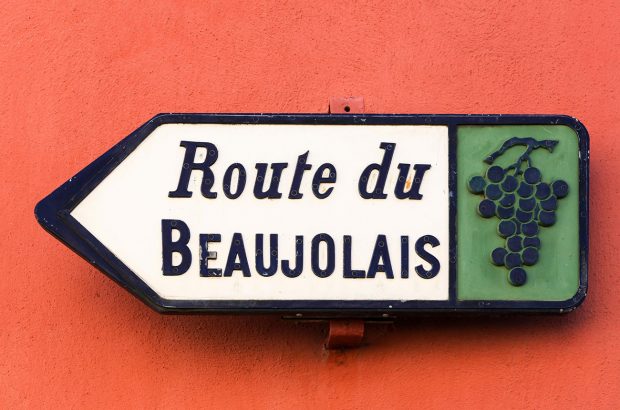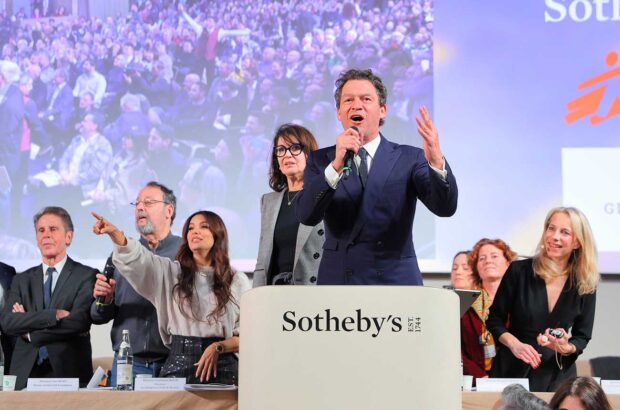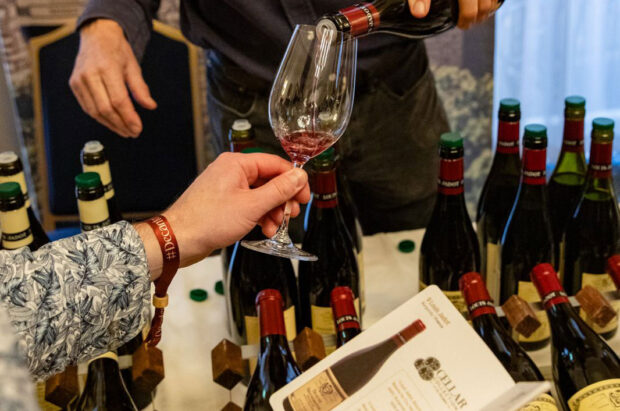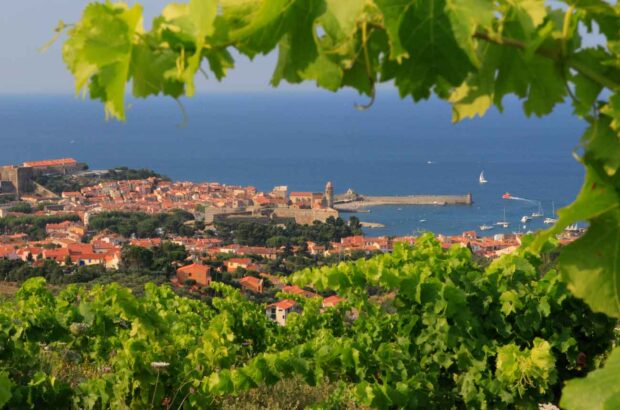An oasis from Napa’s glitz and glamour, this is the wine region to visit for unpretentious dining, redwood forests and excellent Pinot Noir, says Stephen Brook, who shares his Anderson Valley travel guide.
Anderson Valley travel guide
Fact file

Planted area: 1,000ha. Vineyards planted at over 365m can use the Mendocino Ridge AVA.
Main grapes: Pinot Noir, Chardonnay, Gewurztraminer, Riesling
Properties: 85
Further information: avwines.com
Quick links:
One of California’s coolest wine regions, Anderson Valley lies in Mendocino County, following a roughly parallel course to the shore. Its northern extremity emerges from a redwood forest onto the Pacific shore. Some 60 years ago this was a major logging region, but over-exploitation of its forests led to economic decline, and once bustling towns dwindled to scraggly villages. In the 1960s and 1970s hippies seeking a secluded life moved up here, to contemplate their navels and cultivate their marijuana patches; some of them are still around, their beards and ponytails greying fast.
Italian settlers had planted Zinfandel on the highlands above the valley a century or more ago, but the modern development of Anderson Valley began in the 1970s, when wineries like Edmeades, Husch and Navarro planted vineyards. A final seal of approval was awarded in 1982 when Champagne house Roederer chose the valley as the source for its American sparkling wine, regarded by many as the country’s finest.

Gradually Anderson Valley has become a haven for low-key tourism, offering a craft brewery, a thriving creamery, unpretentious restaurants often using organic produce, 28 tasting rooms, numerous festivals and accommodation ranging from chic to a camping site in redwood forests. Don’t come expecting for sophisticated dining or luxury resorts, although you can find both in spades along the nearby Pacific shore.
Highway 128 traverses the valley, and Boonville is the main village. It’s a laid-back place. Step into the road and oncoming cars often glide obligingly to a halt. The lumber boom made the little town’s fortunes and 60 years ago it was more populous and busier than it is now. The Boonville Hotel, an ancient establishment, is the only substantial place to stay and offers comfortable if not luxurious accommodation. There are plenty of options for meals, although opening hours can be lax and haphazard. Remember: Anderson Valley hasn’t quite made it into the 21st century yet.
The General Store opposite the Boonville Hotel, and Mosswood Market a few paces to the south, are good spots for breakfast or lunch, while Paysanne, which offers organic ice cream, and the Boonville Chocolate Shop (in a former freight train carriage) will top up your calorie count. Lauren’s is a popular dinner option, but don’t expect refined cooking.
The only other village of any note is Philo, a few kilometres north up Highway 128. You’ll pass the valley museum in a former school house, but it’s only open on weekend afternoons. You may not find logging implements and quilts riveting, but there’s information about the local Boontling language, created so that people from Philo couldn’t understand what Boonville folk were saying.
Blink and you’ll miss Philo, but there are a couple of tasting rooms and a fascinating sawmill and shop called Architectural Elements, which specialises in recycling barrels and salvaged redwood beams to create furniture.
Anderson Valley offers a range of wine styles and plenty of tasting rooms in which to sample them. It gained a well-deserved reputation for Pinot Noir – generally fresher than more heavyweight styles from further south in California. But there’s excellent sparkling wine here, plus the West Coast’s best whites from aromatic Alsatian varieties.
In Boonville, visit the Foursight tasting room. Kristy Charles’s family have been farming here for generations; she and her husband Joe Webb make excellent wines from their vineyards. There’s delicious Semillon as well as elegant Pinots aged without new oak. North of town is Goldeneye, an offshoot of the Napa winery Duckhorn. Here there’s a more formal tasting room and garden, and a range of quite powerful Pinots that still have fine red fruits beneath their surface of new oak. Knez is a fairly new winery, producing Chardonnay and Pinot from some of the valley’s top vineyards: Demuth and Cerise. Its tasting room, as well as Drew’s, is in the small complex known as The Madrones. Both wineries offer first-rate wines with finesse and poise.
North of Philo you’ll reach Toulouse, a tasting room popular with visitors thanks to its friendly owner Vern Boltz, a former fireman. A few kilometres further north is the always crowded Navarro tasting room and picnic area. Deborah Cahn and Ted Bennett founded Navarro 40 years ago, and quality has never wavered. Try their Chardonnay and Pinot Noir by all means, but the stars here are the Riesling and Gewürztraminer, including sensational late-harvest wines.
A newcomer to the valley is Phillips Hill, which produces a range of serious Pinots. The tasting room is a former apple-drying barn that’s roofed but has no walls, so in poor weather tasters move upstairs. Here there’s an aroma room, with large jars containing components of a Pinot Noir’s bouquet such as orange peel or fading leaves. Nearby, and in complete contrast, is the grand but welcoming Roederer tasting room.
Anderson Valley loves to party. Time your visit right and you could join the Alsace Varieties festival in February, the Pinot Noir Festival in May or the Yorkville Highlands wine festival in August. Yorkville Highlands is a separate wine region about 25km south of Boonville along Highway 128, and its warmer climate allows Bordeaux varieties and Syrah to ripen. There are three tasting rooms there for you to sample a variety of wines.
Anderson Valley is the antidote for those turned off by Napa Valley bling, traffic, stretch limousines, and inflated prices. A visit won’t break the bank, and an enjoyable, stress-free stay is guaranteed.
How to get there
San Francisco is the closest international airport, about 200km drive away. A local airport in Santa Rosa is about 100km away.







